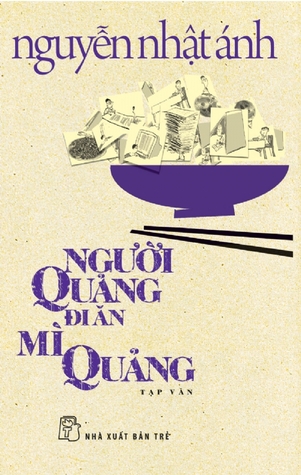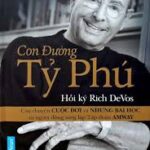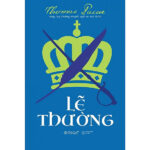Nguyễn Nhật Ánh’s book “Người Quảng đi ăn mì Quảng” takes us on a journey filled with memories and emotions, transporting us back to the 1990s and early 2000s, allowing us to delve into the author’s life during that time.
A friend shared stories about Nguyễn Nhật Ánh’s works from their school days, praising them and expressing deep emotions. The stories created a curiosity in you, but at the time, as a young person exploring the complexities of love, you hadn’t fully delved into the world of those stories.
You recall how your high school friend enthusiastically recounted the books they had read by Nguyễn Nhật Ánh, leaving you both impressed and somewhat sad. Yet, due to the distractions of young love, you chose not to immerse yourself in the world of those stories.
Even “Mắt Biếc” was among the recommended books from your friend, but you didn’t read it. However, your curiosity found an outlet as you started reading the author’s essays and reflections.
“Người Quảng đi ăn mì Quảng” stands out as the book that marked the difference in your reading journey, prompting you to buy it and truly dive into its contents. This book allows you to travel back to the 1990s and early 2000s, giving you a glimpse into the author’s passion for sports and his personal views on politics, offering a realistic picture of that era.
In the book, the author reflects on the use of money and how young people of that time managed their finances. Nguyễn Nhật Ánh vividly describes the casual spending habits of affluent people, often referred to as “the rich kids,” who spent their money carelessly without a second thought.
The author also draws comparisons between the spending habits of the privileged and the financial management of the simple and modest local residents. Overall, the book touches upon the concept of happiness and wisdom in managing personal finances, while showing a deep admiration for the simple and contented lives of ordinary people.
The book includes a thought-provoking quote: “For the simple and humble folks in their community if they have an amount of money equivalent to the price of a banquet that’s just about five pairs of the movie tickets, that’s probably happiness.







